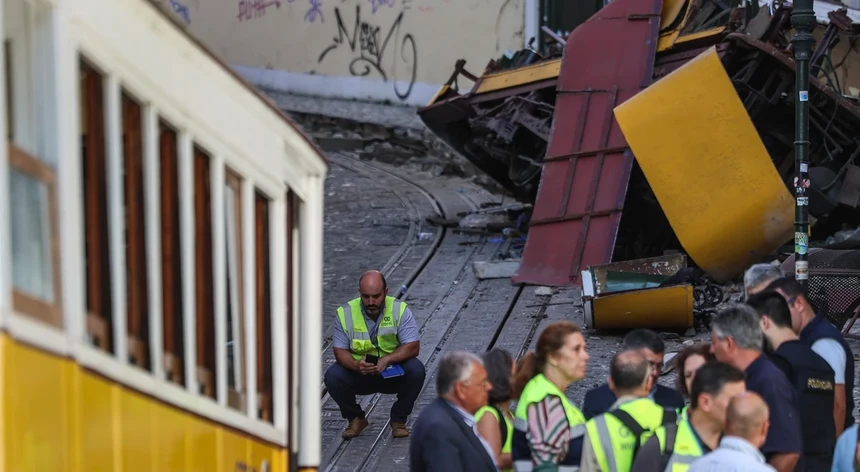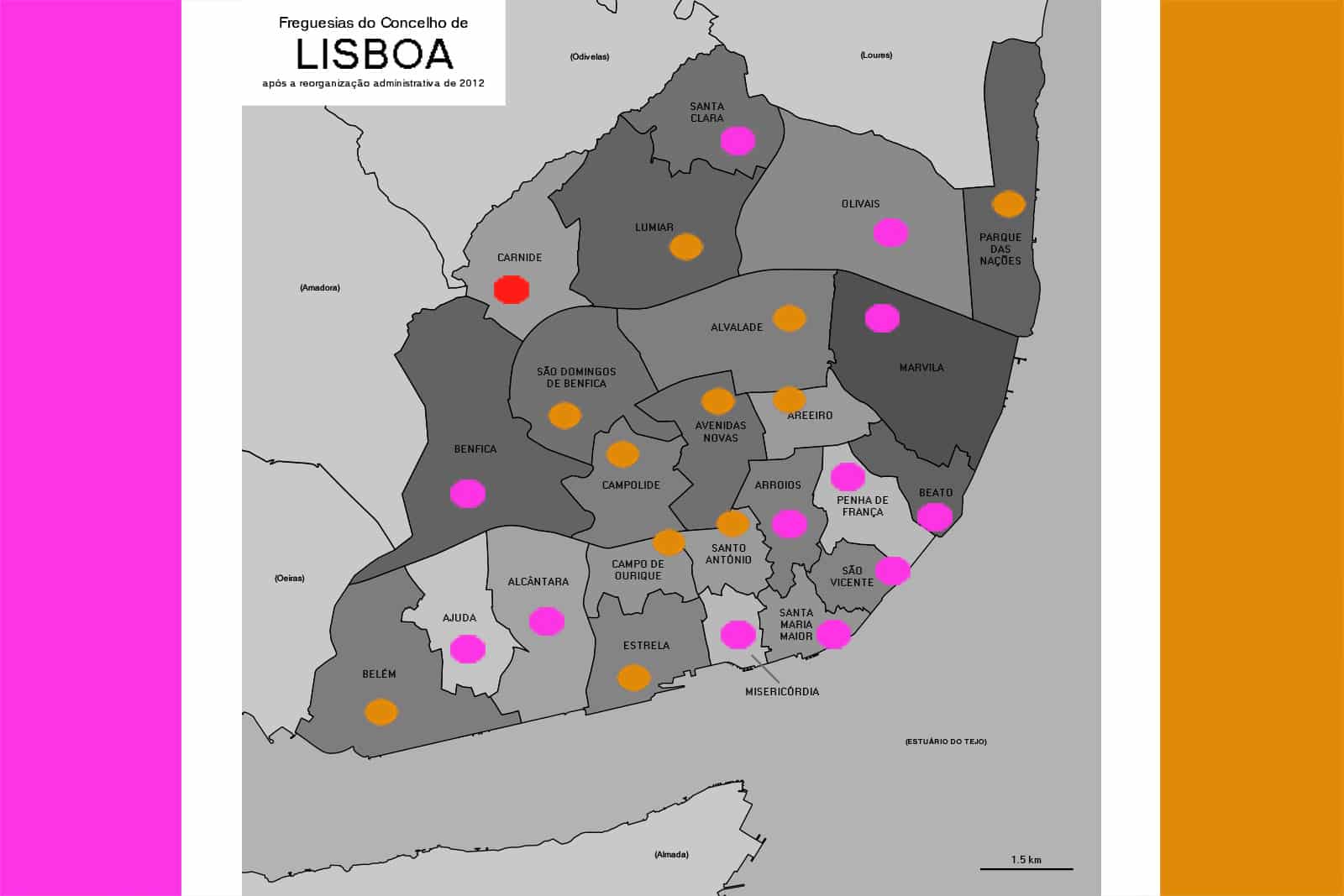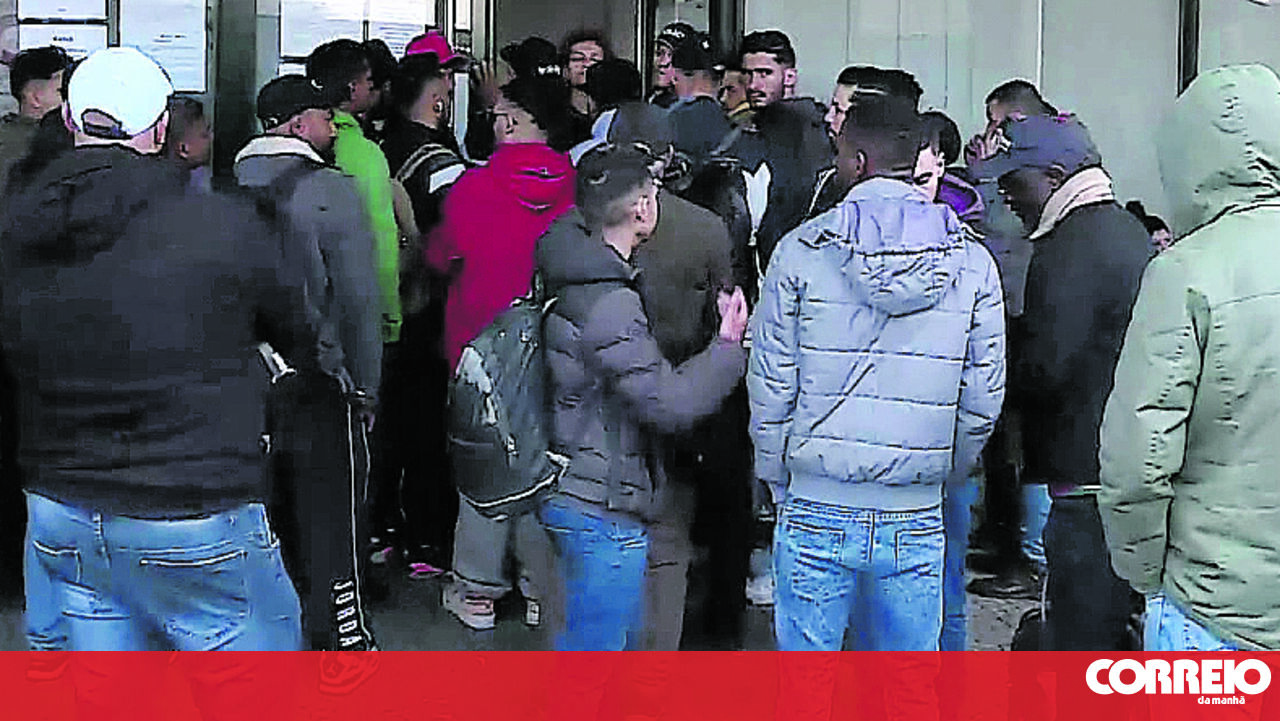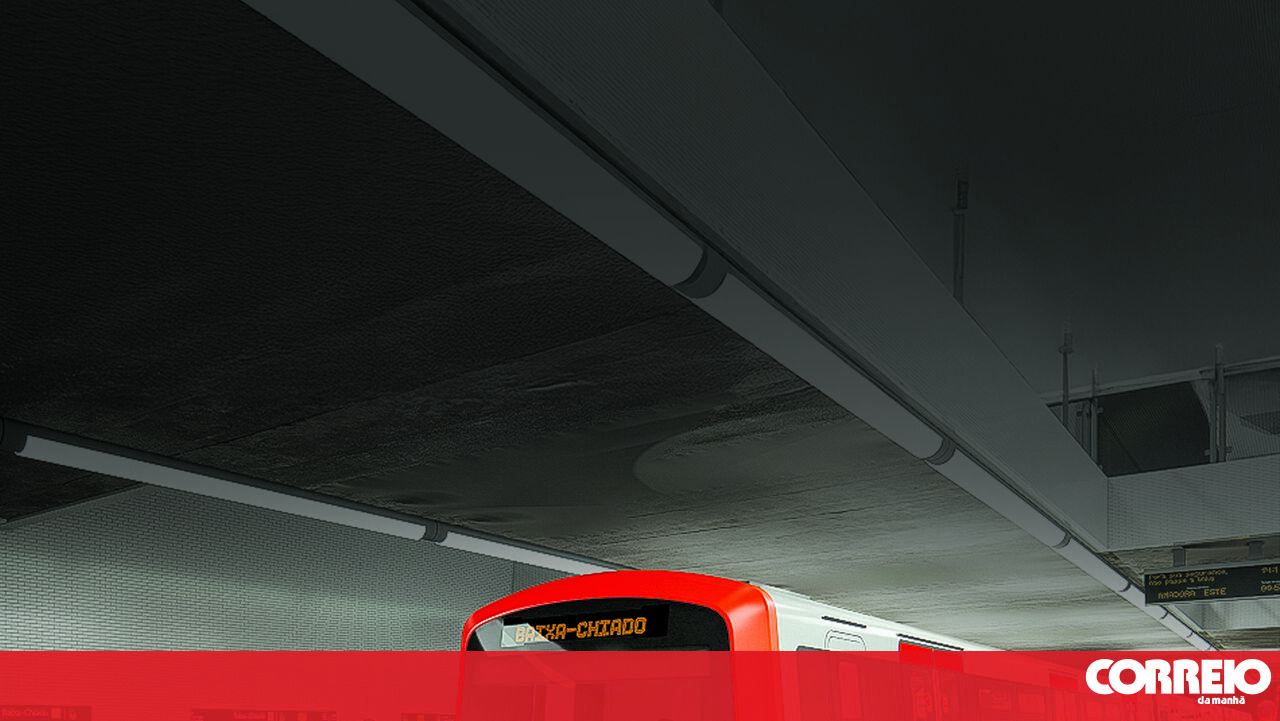The Legal Dilemma That Could Upend Lisbon's Election
If Chega and CDU end up tied in Lisbon, current election law provides no mechanism to distribute the final council seat, forcing new elections. While votes have been counted, uncertainty persists as recounts narrow the gap and communists appeal to the Constitutional Court, raising a critical question: what happens if the two parties finish deadlocked?
Portugal's Local Authority Electoral Law contains no provisions for handling ties when allocating mandates between parties or coalitions. The National Election Commission (CNE) confirmed to Observador that in cases of absolute tie—specifically when determining the first mandate—"the vote must be repeated because it's a situation with no legal solution."
When Elections Must Be Repeated
In parish council elections following the October 12 municipal vote, some ties have already occurred in first-place positions, preventing the selection of parish council presidents and requiring new elections. In Lisbon's scenario, a tie between the two parties competing for the final council seat could force new municipal elections because there's no way to assign the contested mandate, which must be filled before elected officials can take office.
A tie becomes possible only if the Constitutional Court rules in CDU's favor regarding three nullified votes that would then be validated. If this occurs, the candidacies led by Bruno Mascarenhas (Chega) and João Ferreira (CDU) would have exactly the same vote count, leaving one council seat undecided. Alternatively, if communists surpass Chega in votes, the tie scenario becomes moot.
The Legal Framework and Its Limitations
Returning to the law, it states that "voting in any polling station and voting throughout the municipal area are only declared null when illegalities have occurred that could influence the overall election result of the respective local authority." In Lisbon's situation, the alleged illegalities reported by the Portuguese Communist Party (PCP) could indeed influence the outcome if the Constitutional Court confirms them. If so, "the corresponding electoral acts are repeated on the second Sunday following the decision, with a new general counting assembly taking place in any case."
There's another equation considered in the law that helps resolve other scenarios but doesn't apply here. Article 13 of the Local Authority Electoral Law defines the "election criterion" using the D'Hondt method and includes an exception: "If only one mandate remains to be distributed and the following terms of the series are equal and from different lists, the mandate goes to the list that obtained the fewer number of votes." A source familiar with the process explains what would happen practically if one party had 20 votes and another ten when distributing the final mandate:
"The first mandate goes to the party with 20 votes. For the second, we divide the party with 20 by two [due to the method used] and the other, which still has 10, is divided by one. There's a tie situation where we're attributing a second mandate to two parties that, by D'Hondt method rules, both have 10 votes each. But here the law can resolve it because it says that mandate goes to the one with the smaller divisor. So it would assign to the party that had 10 votes and not [the second] to the party that had 20." However, CNE assures that in Lisbon's case "this criterion does not apply."
From 11 Votes to Just 3: The Shrinking Margin
In recent days, Chega and CDU have battled (and continue to battle) for the final council seat in Lisbon, which according to official data still belongs to André Ventura's party. The process began on election night, October 12, when the final count showed the two parties separated by 11 votes—meaning Chega could count on two councilors in Lisbon. Six days later, with the general counting assembly completing the final tally, the difference narrowed to just three votes—still enough to prevent Chega from losing (or not electing) their second councilor.
Convinced that some nullified votes actually express support for communists, PCP moved to the next phase and appealed to the Constitutional Court. In a statement sent to newsrooms, CDU Lisbon explained that "during the general counting proceedings, protests were made by CDU" regarding "discrepancies between the minutes and the notice in one polling station, the need for higher instance verification of nullity attributed to votes we consider express the voter's intent, as well as differing criteria in evaluating vote validity between political forces."
Sofia Lisboa of CDU told Observador that the process "raised a series of protests from party delegates" concerning "votes considered null" that communists believe "clearly express intent to vote for CDU." Additionally, the party claims there's "unequal criteria regarding other votes that changed from null to valid through protests." Without specifying the number of votes involved, CDU states there are "several doubts" that must be analyzed, especially when a council seat is at stake:
"We won't consider this right as a way to pervert the process—it's part of the process. In this case, since we're talking about electing a councilor with a vote difference that currently stands at 3 votes, it would be strange for us not to consider this possibility. We could have made no vote protests, [but] in this case we have several doubts and therefore want them fully clarified."
CDU further notes there's "minutes from one polling station that don't match the values in the notice, and during the general count they didn't conduct a recount of that station to clarify this value discrepancy."
Bruno Mascarenhas, following the appeal, accused PCP of being "professionals of political maneuvers," assuring that "Chega has never and will never cheat." "I'm absolutely certain everything was thoroughly examined and there's nothing to point out."
Currently, Lisbon's election results await the Constitutional Court's response to PCP's appeal, with three possibilities on the table: everything remains the same (Chega ahead with one councilor), PCP surpasses Chega (giving them the second councilor), or a tie—the scenario that would force new elections.

























Comments
Join Our Community
Sign up to share your thoughts, engage with others, and become part of our growing community.
No comments yet
Be the first to share your thoughts and start the conversation!